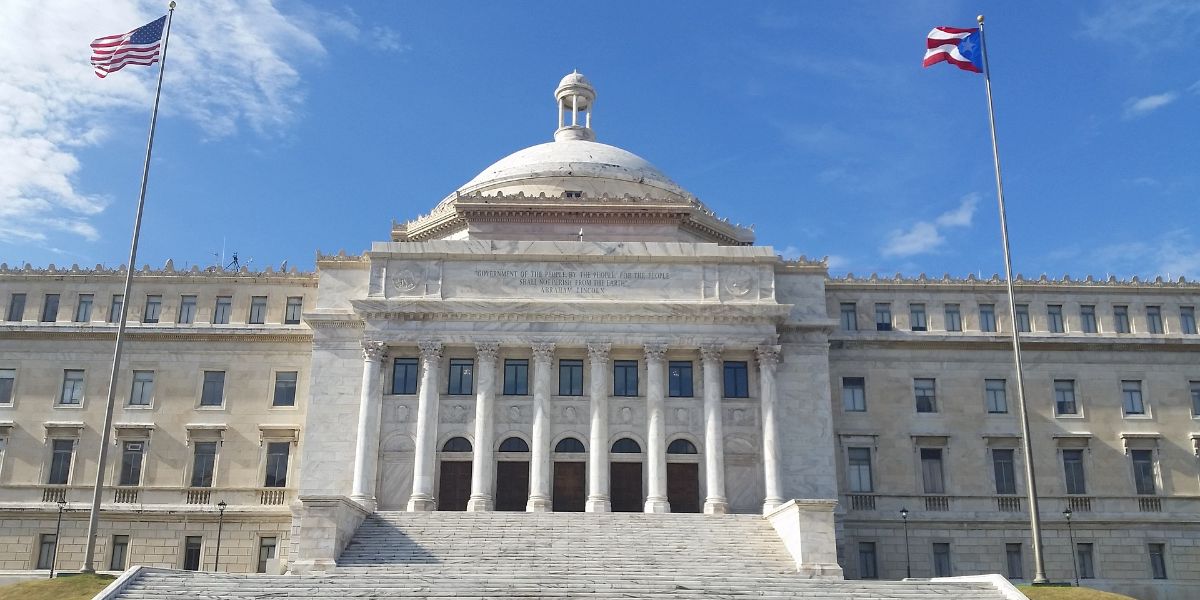Puerto Rican organisation Espacios Abiertos (Open Spaces) has released a report that quantifies and analyses the effect of the 15% global minimum tax (GMT) and the opportunities and risks that it represents for Puerto Rico. The study also discusses whether Puerto Rico should adopt the legislation or not.
The report reveals that if Puerto Rico adopts the global minimum tax, it can potentially generate up to USD 3.8 billion annually. It highlighted this fact as an opportunity to improve its economy. As of now, more than 140 jurisdictions have adopted the Global Minimum Tax Initiative (GMI).
This global minimum tax, referred to as Pillar Two, mandates that corporations earning over EUR 750 million euros annually must pay a minimum tax rate of 15%. The rules apply to all domestic and international groups with a parent company or subsidiary in an EU member state.
Currently, multinationals and foreign corporations in Puerto Rico face an effective tax rate of 2.43%.
Beginning in 2025, the minimum tax will apply to Puerto Rican subsidiaries of corporations whose parent companies have subsidiaries in countries that have already ratified the agreement.
On the other hand, the Undertaxed Profits Rule (UTPR) allows any signatory country to the international agreement to claim from a jurisdiction that has not implemented the Global Minimum Tax, starting in January 2025. This claim can be for the difference in rate, which is set at 15%. In Puerto Rico’s case, this difference amounts to 12.57%.











